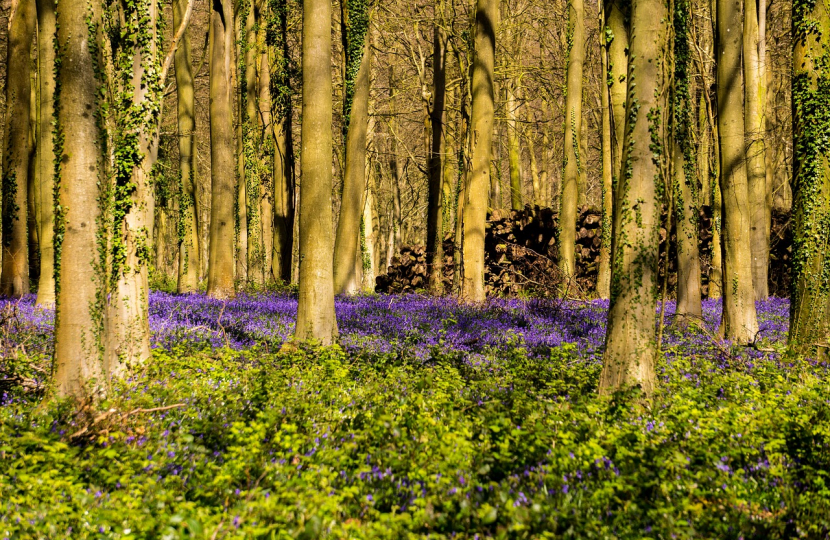
7,526 trees will be planted across the county this winter by Suffolk’s councils.
Suffolk County Council successfully submitted a joint bid on behalf of itself, Babergh District Council, East Suffolk Council, Ipswich Borough Council and West Suffolk Council.
£138,219 will come into the county as one of 100 grants under the government’s Local Authority Treescapes Fund, directly contributing to achieving the country’s ambitious tree planting targets. The funding is for the planting of the trees and three years’ maintenance.
The trees are to be planted in non-woodland areas, including those that have been neglected in the past, ecologically damaged or affected by tree diseases like ash dieback.
Councillor Richard Rout, Suffolk County Council’s Deputy Leader and Cabinet Member for Finance and Environment, said:
“This is the second year that we have been successful with this funding, a true testament to how Suffolk is committed to working together for a net zero future and reversing the decline in our biodiversity.
“The county council has been instrumental in securing new trees for Suffolk, itself planting 200,000 trees and 20 kilometres of hedgerow over just the last couple of years, along with the creation of healing woods.
“Establishing thousands of new trees in Suffolk is a team effort, and I’d like to thank colleagues at our borough and district councils for their commitment to making this happen. Of course, trees must be planted in the right places, and we cannot just leave them. It’s thanks to the extraordinary work of volunteers such as the Suffolk Tree Warden Network, that will help to make these programs a success.”
More green spaces around Suffolk will support wildlife and offer the chance for people to get in touch with nature and support their health and wellbeing.
One of the projects will see the creation of a second ‘Miyawaki’ tiny forest in Sudbury, Suffolk, following Ipswich Borough Council using previous funds to create a number of these across the town last year.
Named after the renowned Japanese botanist Akira Miyawaki, this form of woodland management sees local species of trees densely planted in small urban plots of land. This enables them to create biodiversity-rich habitats quickly and absorb more carbon than a traditional forest.
All planting schemes will be delivered by borough and district councils and will continue to contribute to Suffolk’s commitment to support the Queen’s Green Canopy project. This announcement comes on the eve of National Tree Week (26 November to 4 December).


